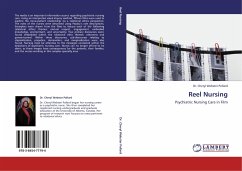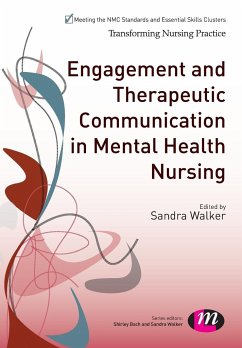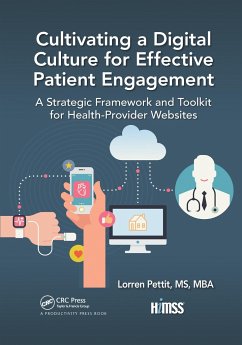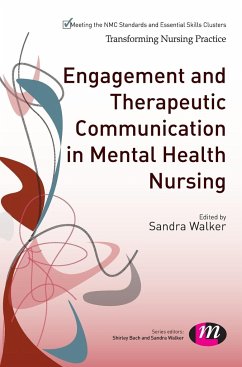
Reel Nursing
Psychiatric Nursing Care in Film
Versandkostenfrei!
Versandfertig in 6-10 Tagen
52,99 €
inkl. MwSt.

PAYBACK Punkte
26 °P sammeln!
The media is an important information source regarding psychiatric nursing care. Using an interpretive visual inquiry method, fifteen films were used to explore the nurse-patient relationship via a relational ethics perspective. The roles of the nurses were described using Peplau s role descriptions. Exemplars were drawn from the films to discuss each of the following relational ethics themes: mutual respect, engagement, embodied knowledge, environment, and uncertainty. Two primary discourses were found embedded within the relational ethic themes: otherness and power/control. Within these disc...
The media is an important information source regarding psychiatric nursing care. Using an interpretive visual inquiry method, fifteen films were used to explore the nurse-patient relationship via a relational ethics perspective. The roles of the nurses were described using Peplau s role descriptions. Exemplars were drawn from the films to discuss each of the following relational ethics themes: mutual respect, engagement, embodied knowledge, environment, and uncertainty. Two primary discourses were found embedded within the relational ethic themes: otherness and power/control. Within these discourses, sub-discourses relating to stigmatization, prejudice, domination, and marginalization were also found. Nursing must be attentive to the messages contained within the depictions of psychiatric nursing care. Nurses can no longer afford to be silent; as these images have consequences for the patients, their families, and the nurses working in this complex specialty area.












